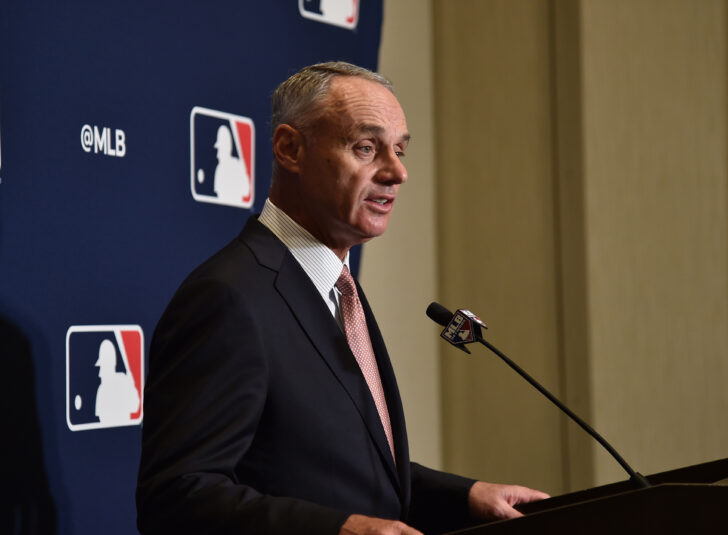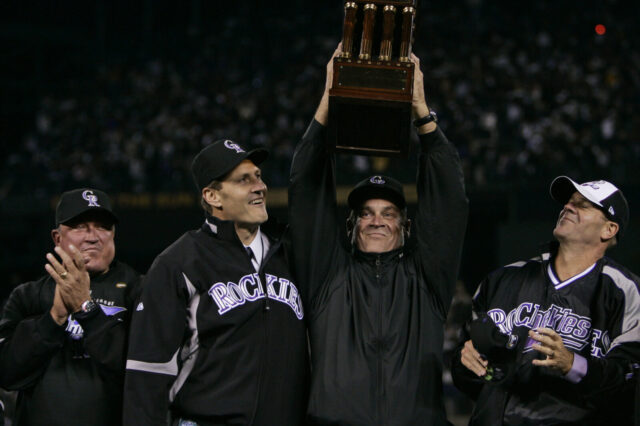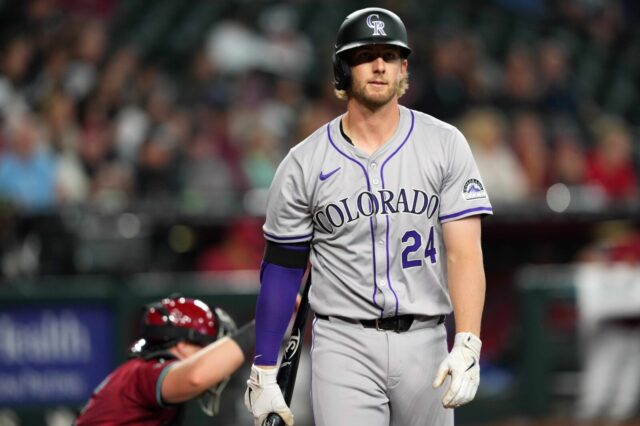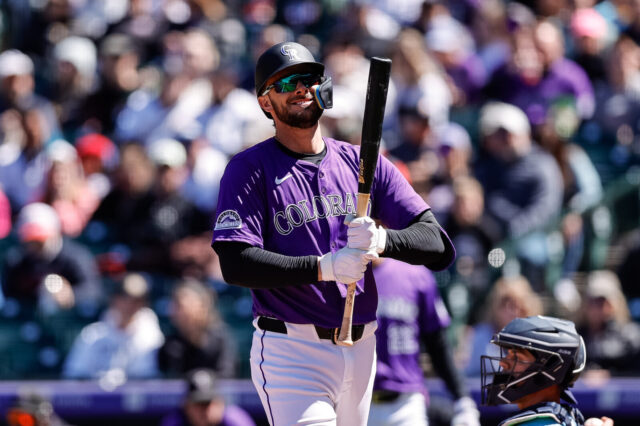Baseball could be back soon enough.
Major League Baseball owners approved a plan that would result in the sport returning around the Fourth of July holiday, according to AP. The players’ union must now accept the plan in order for baseball to return.
According to the report, the proposed plan would have Spring Training resume in the first half of June, and there would be about 82 games throughout the season.
In addition, the All-Star game would likely be scrapped entirely, and teams would be confined to their geographical location.
Under the proposed plan, teams would play exclusively against division and interleague opponents based by region. For instance, the Colorado Rockies would play only against teams from the National and American League west divisions.
The MLB postseason will also expand from 10 to 14 teams by doubling the number of wild cards in each league.
Hope remains that teams will be able to play in their home parks, but if medical and government approvals were to prevent that from happening, the league would pivot to using Spring Training facilities and neutral venues.
MLB is also mulling the idea of adding the designated hitter to the National League for the 2020 season to accommodate pitchers who have had to adjust their throwing routines due to the pandemic.
MLB is expected to propose the plan to the player’s union on Tuesday, with an agreement necessary to move forward. While the owners agreeing to the plan is progress towards getting the season started, there is expected to be an uphill battle with the union, specifically about wages and revenue split.
Per the AP:
“Teams will propose that players receive the percentage of their 2020 salaries based on a 50-50 split of revenues MLB receives during the regular-season and postseason, which likely will be among the most contentious aspects of the proposal during negotiations with the players’ association.”
The proposal factors in fans being able to return to stadiums at some point during the season, although there has been no public indication that is realistic.
Ballplayers have historically been opposed to revenue splits with owners, and that is expected to remain the case in the current climate.
Players will be reluctant to any plan that involves a revenue split, mainly because they agreed to a deal on March 26 that “called for each player to receive only a portion of salary, determined by what percentage of a 162-game schedule is played”.
As it stands, there is an intense desire from both the players and owners to get baseball back up and running. However, concerns over safety, pay, and the overall health of the game makes the process of restarting the league delicate.



